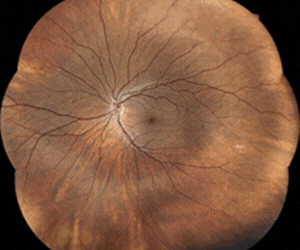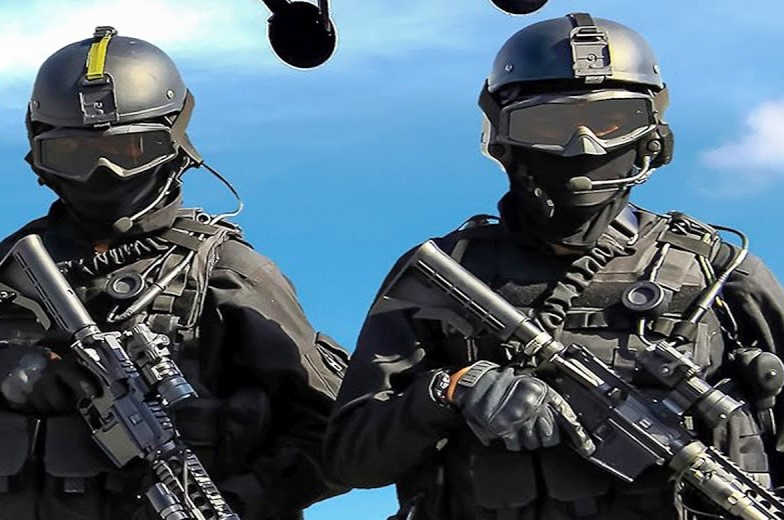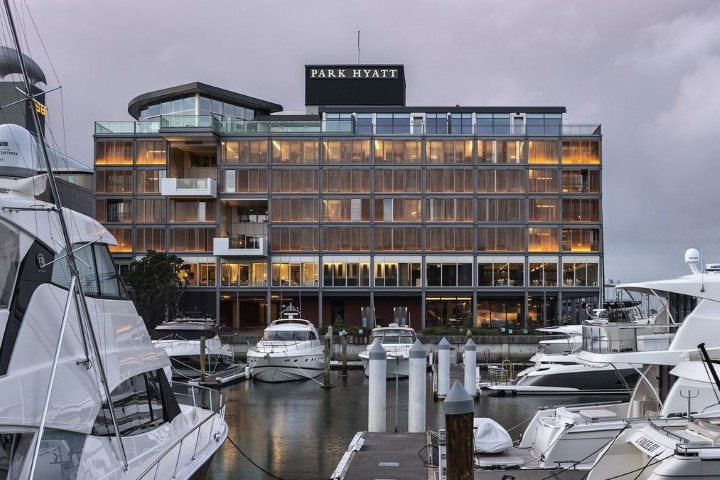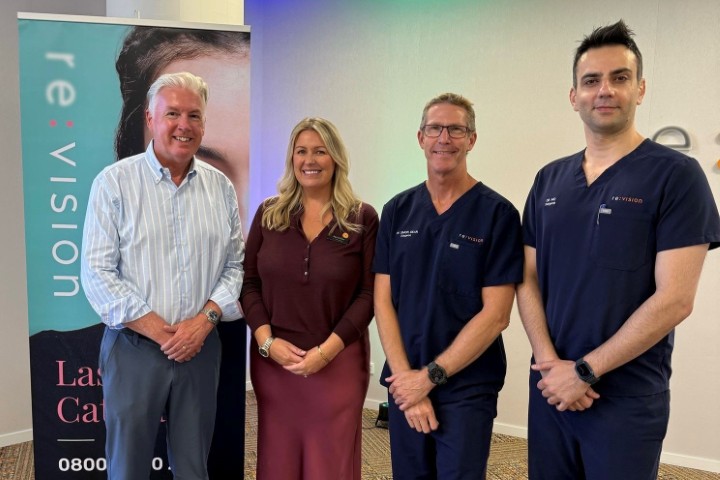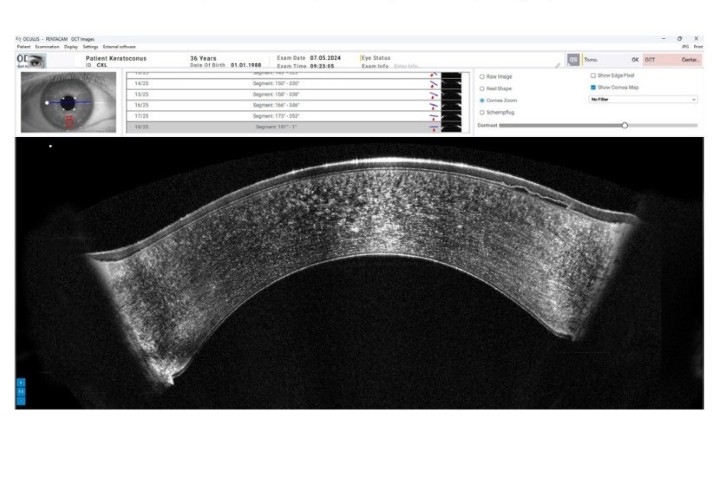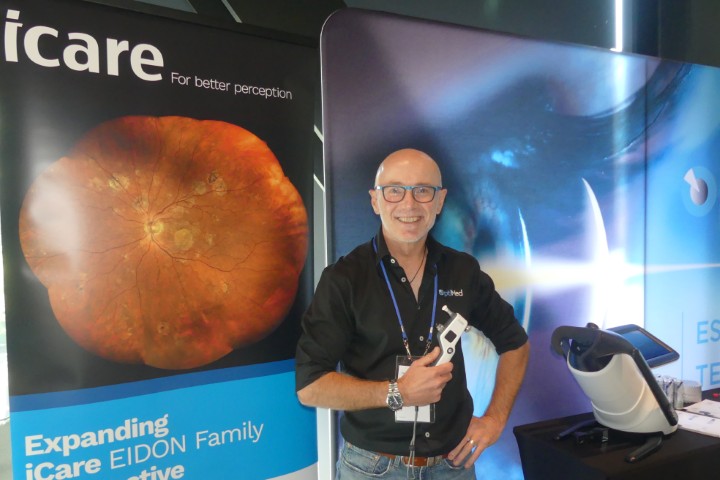Specs cost a bomb
Prototype spectacles using 3D cameras, microwaves and artificial intelligence to detect explosives and firearms in public spaces have completed a month of testing in a Rome subway station.
After three years of development supported by NATO’s Science for Peace and Security (SPS) programme, the Dexter (detection of explosives and firearms to counter terrorism) spectacles use a radar system capable of generating high-resolution 2D and 3D video and machine learning algorithms to automatically identify and characterise potential threats in crowded spaces.
The SPS programme’s goal is to detect threats among a moving crowd without the need for checkpoints. In future, several pairs of the glasses will act in concert to feed information to centralised data processing hubs to raise alarms on suspects and trigger emergency and intervention protocols.






